On September 25, the Preschool Education Subcommittee, the National Council for Education and Human Resources Development held a workshop to consult on solutions for developing preschool education facilities and improving the quality of childcare and education in urban areas and industrial zones.

Information here shows that currently, 59/63 provinces and cities nationwide have industrial parks. In the past 10 years, we have implemented support policies to promote the development of preschool education in areas with industrial parks, where there are many workers, and support policies for children of workers working in industrial parks. That has contributed to solving difficulties for preschool education in this area, helping workers and laborers feel secure in their work and production.
Deputy Head of the Department of Preschool Education (Ministry of Education and Training) Hoang Thi Dinh said that in 221 district-level units with industrial parks, there are 13,137 preschool facilities. These facilities mobilize more than 1.8 million children, of which the proportion of children who are children of workers working in industrial parks accounts for about 21.5%.
However, there are still many difficulties in developing preschool education for urban areas and industrial zones such as: planning work is not suitable to the needs of workers and laborers; the quality of nurturing, caring for and educating children still has some limitations, especially for nursery children; the policy mechanism to promote socialization of preschool education development is not strong enough...
At the workshop, opinions were unanimous on the important role of preschool education in urban areas and industrial zones and the urgent need to propose solutions to improve the quality of preschool education in these areas, along with the need to carefully calculate the implementation conditions to ensure feasibility in implementation. Prof. Dr. Nguyen Van Minh, former Principal of Hanoi National University of Education, suggested that there should be a general forecast of the labor situation, number of children, needs for facilities, preschool teachers in each area, number of migrants, number of workers' children needing after-hours care, etc. to have practical solutions.
Professor Nguyen Quy Thanh, Principal of the University of Education (Hanoi National University) said that it is necessary to specifically calculate the population and population quality to have appropriate policies and diversify the forms of education organization. In particular, it is also necessary to pay attention to the group of family nannies, this team will reduce pressure on public facilities but needs to be trained and fostered before being able to operate.
Deputy Minister of Education and Training Nguyen Thi Kim Chi, Head of the Preschool Education Subcommittee, said that the Ministry of Education and Training will complete the draft project "Improving the quality of preschool education in urban areas and industrial parks in the period of 2024-2030, with a vision to 2045". The Ministry of Education and Training will continue to conduct more accurate and in-depth surveys and assessments in the context of industrial parks, export processing zones, and urban areas changing every day, so that low-income people can access policies and services that are suitable to the practical needs of workers.
PHAN THAO
Source: https://www.sggp.org.vn/nang-cao-chat-luong-giao-duc-mam-non-o-khu-cong-nghiep-post760685.html










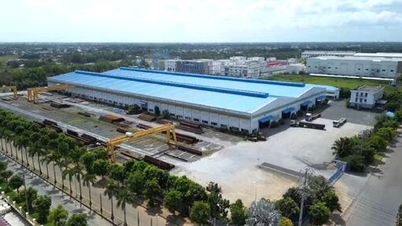

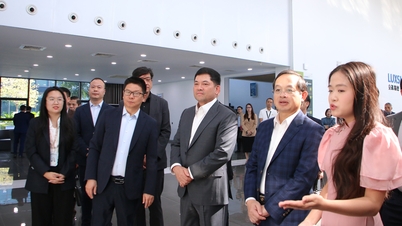



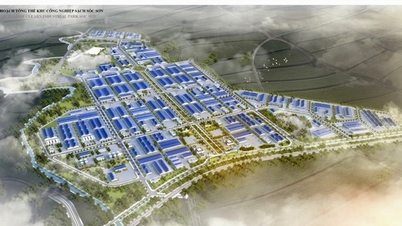

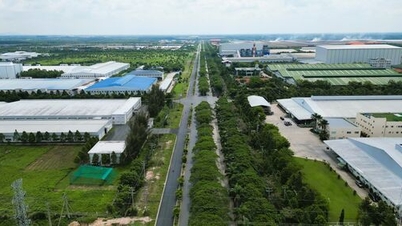



















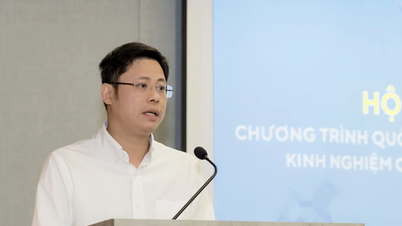
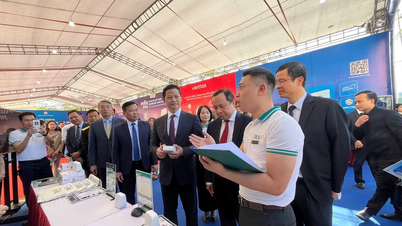


























































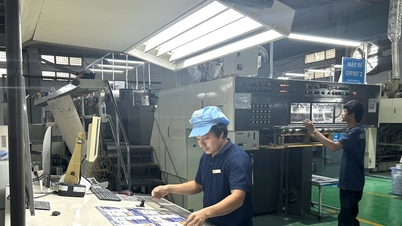












Comment (0)